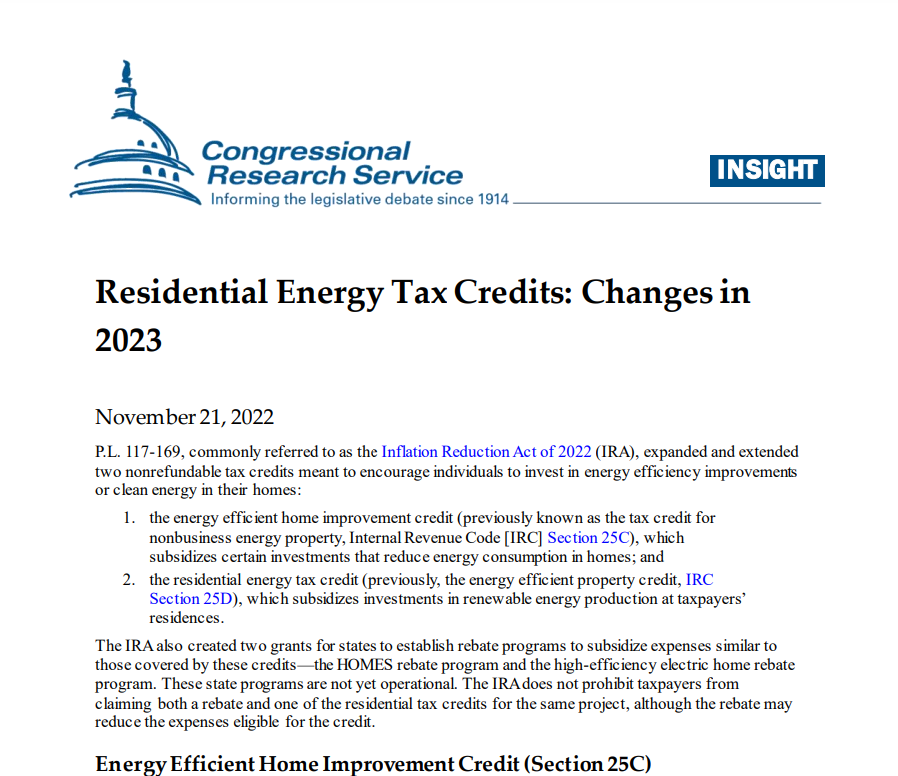Electricity Rebate – Electricity rebate, in simple terms, is a refund or a reduction in the cost of electricity provided by power companies or the government. It is an incentive that encourages consumers to make energy-efficient choices that would not only lower their electricity bills but also help in conserving energy and mitigating environmental impacts.
Understanding the Concept
Electricity rebates can be seen as a form of financial reward or incentive offered to promote the use of energy-efficient appliances or renewable energy sources. They aim to reduce the overall consumption of energy and contribute to the sustainability of the environment.
The Need for Electricity Rebates
Environmental Considerations
From an environmental perspective, electricity rebates are a significant step towards a sustainable future. By encouraging energy efficiency and the use of renewable sources, they help reduce the carbon footprint and combat climate change.
Economic Considerations
Electricity rebates also have economic benefits. They lower the cost of electricity for consumers, encourage the growth of green industries, and create jobs in the renewable energy sector.
How Does Electricity Rebate Work?
- The Role of Utility Companies
Utility companies often offer rebates to customers who install energy-efficient appliances or systems. They may also provide incentives for customers to switch to renewable energy sources like solar power.
- Government’s Role
The government plays a crucial role in implementing and overseeing electricity rebate programs. They often provide funding and set guidelines for these programs.
- The Consumer’s Role
Consumers can benefit from electricity rebates by making energy-efficient choices. This could involve purchasing energy-efficient appliances, installing solar panels, or buying an electric vehicle.
Different Types of Electricity Rebates
- Rebates for Energy-Efficient Appliances
Many utility companies offer rebates to customers who purchase and install energy-efficient appliances such as LED lights, energy-saving refrigerators, and high-efficiency heating and cooling systems.
- Solar Rebates
Solar rebates are provided to homeowners who install solar panels on their properties. This helps offset the initial cost of the solar system, making it more affordable.
- Rebates for Electric Vehicles
Electric vehicles are another area where consumers can receive rebates. These incentives can help reduce the upfront cost of electric cars, encouraging more people to adopt this environmentally friendly mode of transport.
How to Apply for Electricity Rebates?
Steps to Apply
Applying for electricity rebates usually involves researching available programs, purchasing qualifying products or services, and submitting an application with the necessary documentation.
Common Mistakes to Avoid
Common mistakes to avoid when applying for electricity rebates include not reading the terms and conditions carefully, missing the application deadlines, and failing to provide the necessary documentation or proof of purchase.
Pros and Cons of Electricity Rebates
Benefits
Electricity rebates offer several benefits. They make energy-efficient products more affordable, encourage sustainable practices, and can significantly reduce electricity bills. Moreover, they also stimulate economic growth by driving demand for green technology.
Drawbacks
However, there can be some drawbacks. The application process can sometimes be complex and time-consuming. Also, not all products or upgrades qualify for a rebate, which can limit their reach.
Conclusion
Electricity rebates are a powerful tool for promoting energy efficiency and sustainability. They offer significant benefits to consumers, the environment, and the economy. While there can be some challenges in accessing these rebates, the potential savings and environmental benefits make them a worthwhile consideration for every consumer.
FAQs
- Q: Who is eligible for an electricity rebate?
- A: The eligibility criteria for electricity rebates can vary depending on the program. However, in most cases, any consumer who purchases a qualifying energy-efficient product or makes an eligible upgrade can apply.
- Q: How much can I save with an electricity rebate?
- A: The amount of savings from an electricity rebate can vary widely. It depends on the specific rebate program and the type of product or upgrade. Some rebates can cover a significant portion of the cost of an energy-efficient appliance or system.
- Q: How can I find out about electricity rebate programs in my area?
- A: The best way to find out about electricity rebate programs in your area is to check with your local utility company or government energy department. They can provide information about any current or upcoming rebate programs.
- Q: Can I get a rebate for installing solar panels?
- A: Yes, many utility companies and government programs offer rebates for installing solar panels. These rebates can help offset the initial cost of the solar system, making it more affordable.
- Q: Are there any downsides to electricity rebates?
- A: While electricity rebates offer several benefits, there can be some downsides. The application process can sometimes be complex and time-consuming. Not all products or upgrades qualify for a rebate, and the amount of savings can vary. However, the potential benefits often outweigh these challenges.
Download Electricity Rebate

